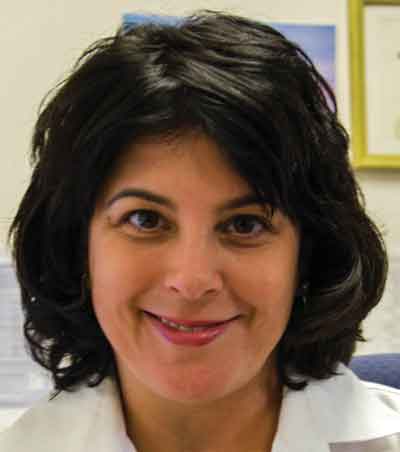Gelfand Receives Anneliese Maier Research Award
APS Fellow Michele J. Gelfand, who studies conflict and conducts comparative cultural research, accepted the Anneliese Maier Research Award at a September 13, 2012 ceremony at Heidelberg University in Germany. The award is granted by the Alexander von Humboldt Foundation and includes a €250,000 prize, which will fund Gelfand’s collaboration with Klaus Boehnke and other colleagues at Jacobs University in Bremen, Germany.
Gelfand has been recognized for her work contrasting “tight” societies that have little tolerance for deviation from their strict social norms with “loose” societies that have a higher tolerance for deviation from their weaker social norms. In May 2011, she published a widely discussed assessment of restrictive versus permissive norms in 33 nations. She is also interested in how large contrasts between immigrants’ original and adopted cultures might relate to radical attitudes.
Seven humanities and social science researchers from the United States and Europe were chosen to receive the first-ever Anneliese Maier Research Award this year. The award is funded by the German Federal Ministry of Education and Research, and its purpose is to encourage international collaboration in the humanities and social sciences in Germany. Anneliese Maier, for whom the award is named, was a twentieth-century philosopher and historian who studied the development of modern science.
![]() Gelfand, M.J., Raver, J.L., Nishii, L., Leslie, L.M., Lun, J., Lim, B.C.,…Duan, L. (2011). Differences between tight and loose cultures: A 33-nation study. Science (New York, N.Y.), 332 (6033), 1100-4 PMID: 21617077
Gelfand, M.J., Raver, J.L., Nishii, L., Leslie, L.M., Lun, J., Lim, B.C.,…Duan, L. (2011). Differences between tight and loose cultures: A 33-nation study. Science (New York, N.Y.), 332 (6033), 1100-4 PMID: 21617077






APS regularly opens certain online articles for discussion on our website. Effective February 2021, you must be a logged-in APS member to post comments. By posting a comment, you agree to our Community Guidelines and the display of your profile information, including your name and affiliation. Any opinions, findings, conclusions, or recommendations present in article comments are those of the writers and do not necessarily reflect the views of APS or the article’s author. For more information, please see our Community Guidelines.
Please login with your APS account to comment.